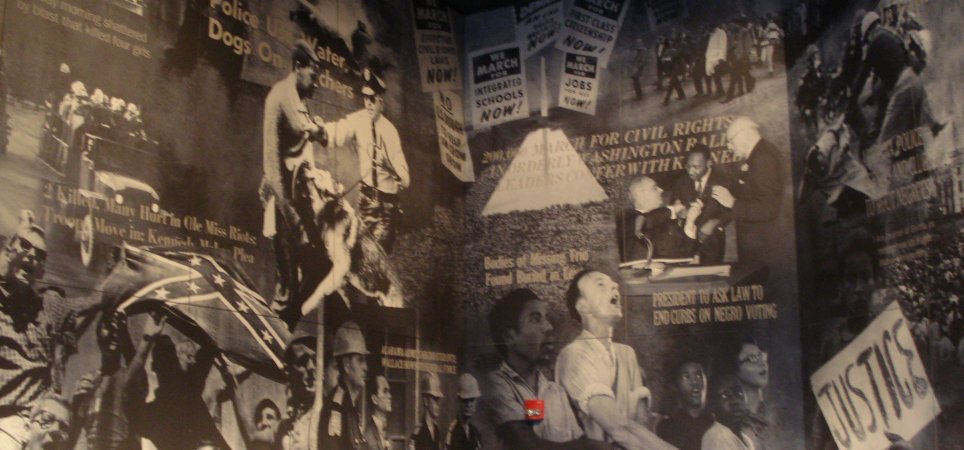
People are more likely to pay attention to threats of loss than they are to possible gains. That is why the news is full of stories of loss and destruction, now and even worse predicted in the future. Of course, it is also just the nature of news. Good things often evolve over a long time. Bad things are usually more dramatic. But even during our “hard times” life is good compared to other times and places.
Nostalgia is not what it used to be
Nostalgia is a great thing. Our minds get clouded by time and eventually even bad things start to look okay. Survivor bias is also at work. The things from the “good old days” that manage to survive today were often of better value in the first place.
We remember that everything was cheap in the old days, but we forget that we made a lot less money. One of the ways to equalize this is to look at how long it takes to earn the money to buy things you want. I read an article that made that comparison.
Most things get cheaper with better quality
For example, in 1958 a color TV cost 136.34 hours of work at the average wage. Today a similar TV costs only 19.08 hours. Of course, today’s television is a lot better in terms of picture and reliability. Back in 1958 nobody could have afforded to buy the kind of quality you can get now by working a little more than 19 hours.
A person living in middle class prosperity back in 1958 would be considered poor today in terms of the quality and quantity of what he could buy.
Malaria cases way down
Another piece of good news I found on the inside pages of the WSJ was that fears of global warming and disease spreading notwithstanding, malaria is declining, according to the World Health Organization. It even looks like H1H1 is not as bad as we thought.
Predictions of dooms past seem funny today, but they scared people back in the day
I am old enough to have survived predicted ends of the world several times. We survived the nuclear Armageddon in the 1960s. In the 1970s we overcame global cooling. The population bomb didn’t destroy us in the 1980s and we didn’t notice the near complete depletion of resources that the experts told us was coming. While we didn’t quite enjoy the end of history and the collapse of communism as much as we thought in the 1990s, the predicted vast refugee crisis didn’t materialize, Y2K didn’t destroy our information society and Internet in general didn’t shut down for lack of connectivity. Oh yeah, acid rain didn’t kill all our forests and lakes. Terrorism is indeed a problem in this decade, but we seem to have adapted reasonably well and compared to the apocalyptic predictions, we feel lucky to remain alive, healthy and so well-off.
When our kids look back fifty years from now, how funny will some of the things we worry about today seem to them? I know – ours is the worst hard time. Yeah, yeah, that’s what we said back then too. They may talk about the good old days and how things were so much better for us. But like us, they will know that they have it better than their parents.
BTW – one of my favorite poems is the Second Coming by William Butler Yeats – written in 1919, when things really were a lot worse.
THE SECOND COMING
Turning and turning in the widening gyre
The falcon cannot hear the falconer;
Things fall apart; the centre cannot hold;
Mere anarchy is loosed upon the world,
The blood-dimmed tide is loosed, and everywhere
The ceremony of innocence is drowned;
The best lack all conviction, while the worst
Are full of passionate intensity.
Surely some revelation is at hand;
Surely the Second Coming is at hand.
The Second Coming! Hardly are those words out
When a vast image out of Spiritus Mundi
Troubles my sight: a waste of desert sand;
A shape with lion body and the head of a man,
A gaze blank and pitiless as the sun,
Is moving its slow thighs, while all about it
Wind shadows of the indignant desert birds.
The darkness drops again but now I know
That twenty centuries of stony sleep
Were vexed to nightmare by a rocking cradle,
And what rough beast, its hour come round at last,
Slouches towards Bethlehem to be born?










 I am not the first to say this, let me be among the most energetic in repeating that this age wave, supported by new technology is already happening. You will see a continued diminution in the relative influence of the young. IMO, marketers and politicians are insufficiently aware of this, despite obvious signals, and it is already biting them. Take a look at this
I am not the first to say this, let me be among the most energetic in repeating that this age wave, supported by new technology is already happening. You will see a continued diminution in the relative influence of the young. IMO, marketers and politicians are insufficiently aware of this, despite obvious signals, and it is already biting them. Take a look at this